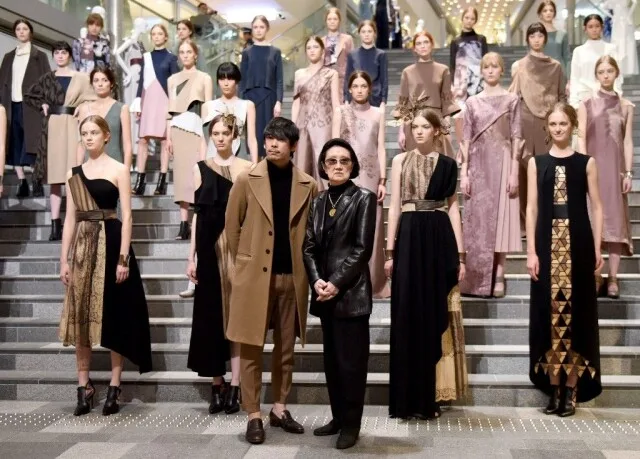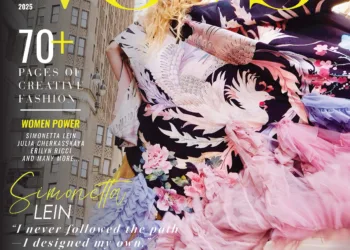Hanae Mori, the iconic Japanese fashion designer known as «Madame Butterfly» for her signature motif, has passed away at the age of 96 in Tokyo. Mori’s illustrious career spanned continents, taking her from her beginnings in Tokyo, where she designed costumes for films, to the global fashion capitals of New York and Paris. In 1977, she made history when her label became the first Asian fashion house to attain haute couture status. Throughout her decades-long career, Mori’s luxurious creations graced the likes of notable figures such as Nancy Reagan and Grace Kelly.
Born in 1926 in rural western Japan, Mori initially pursued studies in literature at Tokyo Women’s Christian University before embarking on her design journey. She opened her inaugural atelier above a Tokyo noodle shop, with a focus on dressing movie stars as Japan’s post-war economy flourished. Her career trajectory took an inspiring turn when she embarked on trips to Paris and New York during the early 1960s, encounters that included a meeting with the legendary Coco Chanel. Chanel’s counsel to Mori—wearing vibrant orange to contrast with her black hair—sparked a pivotal shift in her design philosophy.
Mori’s artistic vision fused traditional Japanese imagery such as cranes, cherry blossoms, and her iconic butterflies with Western fashion elements like woolen suits and sleek satin tailoring. In 1965, she unveiled her first collection abroad in New York, presenting it under the theme «East Meets West.» By the late 1970s, Mori had relocated her brand from Tokyo to Paris, where her innovative designs garnered acclaim within the fashion industry.
Mori’s brand evolved into a significant business empire, at one point occupying a Tokyo building designed by the esteemed architect Kenzo Tange. However, her fashion house eventually retired from haute couture, which marked a turning point in her career. Nevertheless, her boutiques in Tokyo continue to thrive, and her fragrances remain available worldwide.
Beyond her extraordinary fashion creations, Hanae Mori leaves a lasting legacy as a trailblazing Japanese businesswoman in a predominantly male-dominated industry. Her courage to challenge societal norms and inspire change serves as an enduring testament to her remarkable life and career.


































